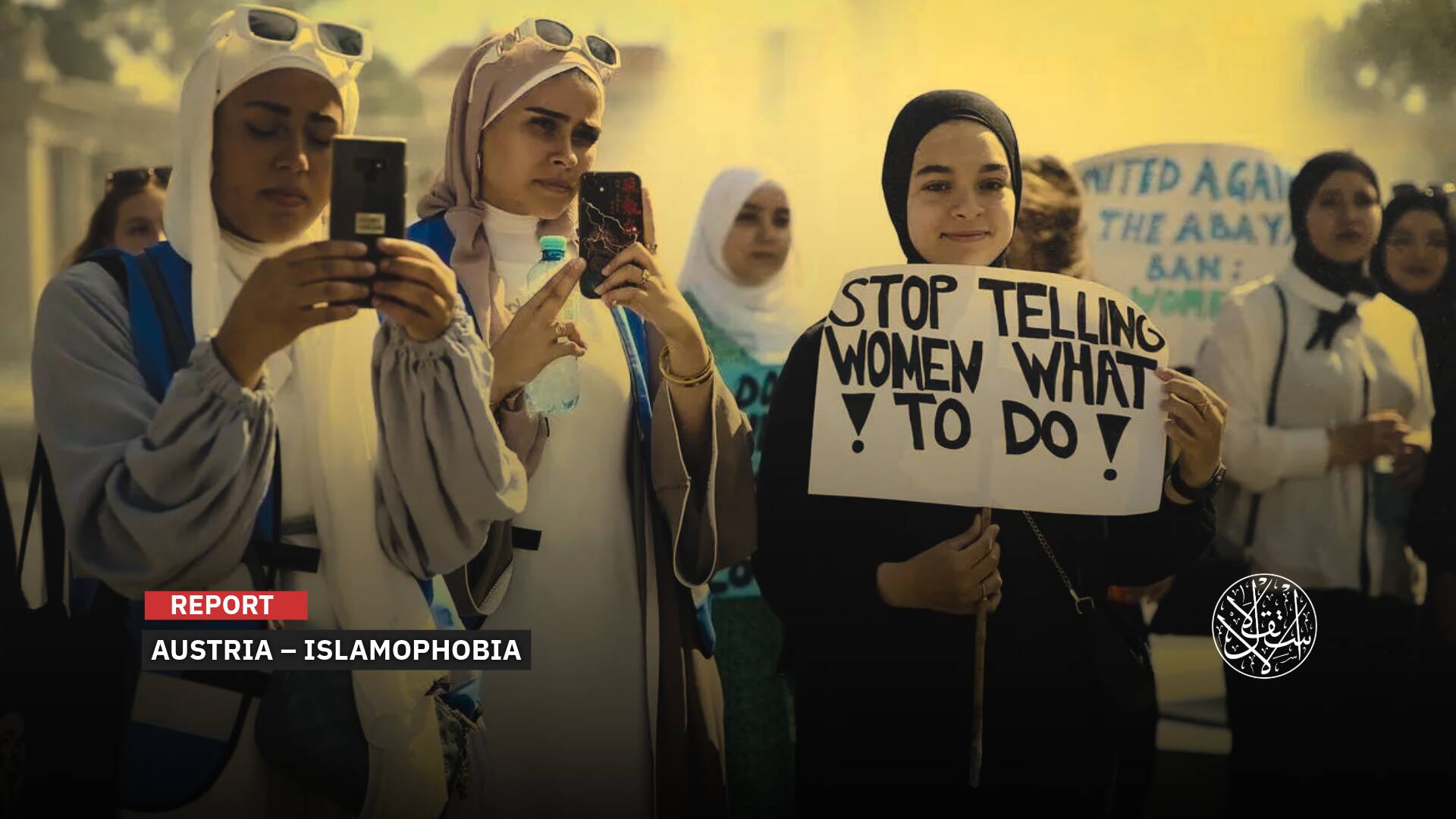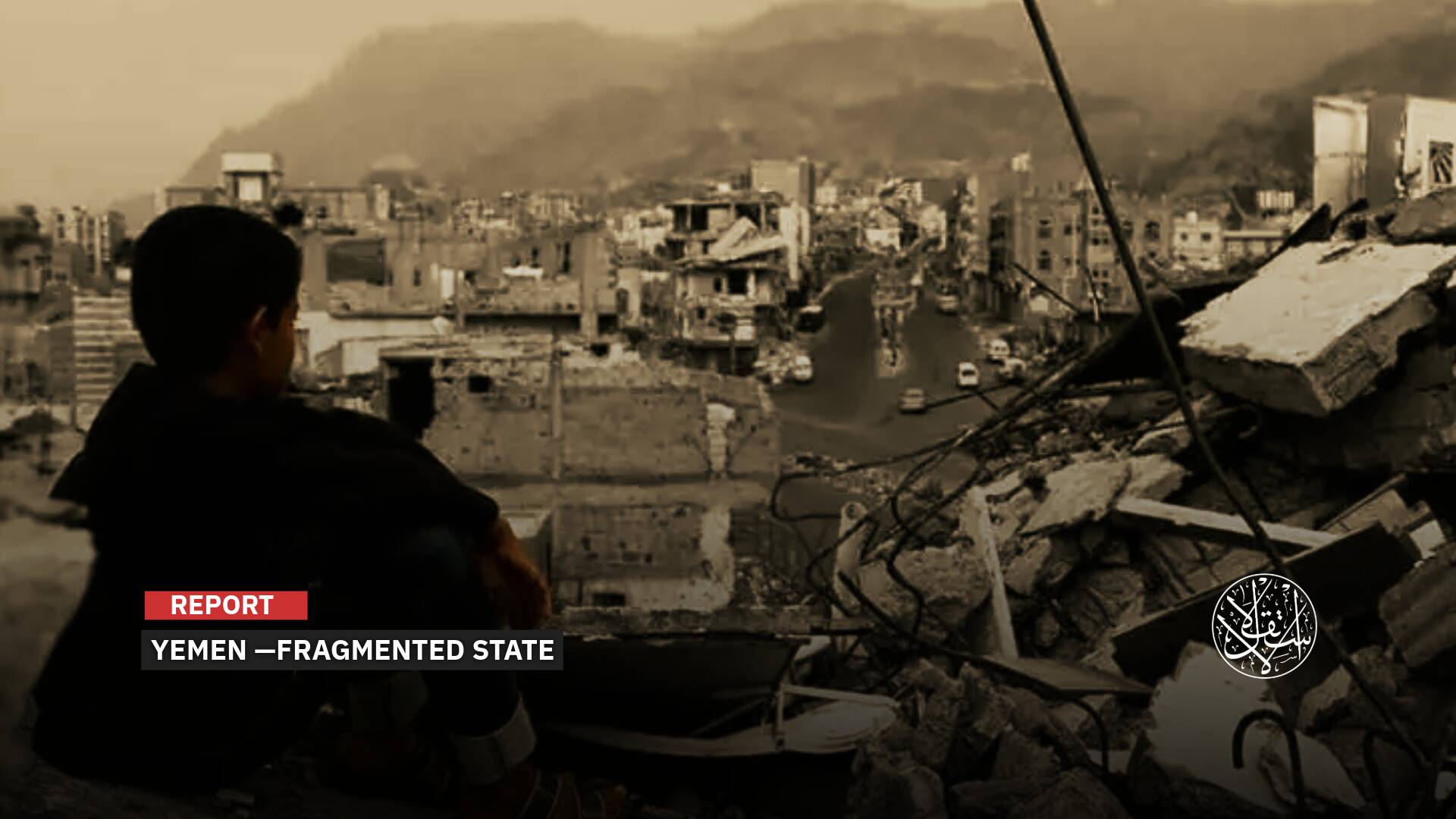A Pragmatic Approach: How Is the UAE Trying to Extend Its Influence in Somalia and the Horn of Africa?

The visit of the Somali Defense Minister, Abdulkadir Mohamed Nur, to Abu Dhabi, on January 3, 2023, paved the way for a new chapter of rapprochement after disputes and conflicts over recent years.
The UAE Ministry of Defense opened its doors to receive Nur, who is close to Turkiye.
Emirati–Somali relations witnessed developments with the rise of the current Somali president, Hassan Sheikh Mohamud, to hold power on May 15, 2022, succeeding Mohamed Abdullahi Farmaajo, who had not very good relations with the UAE.
The new president at the time chose the UAE to be the first destination for his foreign visits, where he was received by President Mohammed bin Zayed Al Nahyan at the Beach Palace.
The UAE has always drawn its strategy on the Red Sea and the Horn of Africa by putting pressure on the central government in Somalia.
Because of these pressures, UAE entered into articulated crises with Mogadishu, which reached the point of estrangement during the past years until the regime of Hassan Sheikh Mahmoud restored matters to normal; this raised questions about the relationship with Abu Dhabi and revealed the latter’s intention to seize control over the Horn of Africa.
وصل وزير الدفاع @Amohamednur إلى دولة الإمارات العربية المتحدة في زيارة رسمية على رأس وفد رفيع المستوى.
— SONNA (@SONNALIVE) January 3, 2023
ومن المقرر أن يجري معاليه محادثات مع كبار المسؤولين في وزارة الدفاع الإماراتية لتعزيز العلاقات الثنائية والتعاون المشترك بين البلدين الشقيقين #الصومال #صونا #الإمارات pic.twitter.com/nHaNhRfcnt
Big Differences
The UAE’s attempts to grip Somalia started in the aftermath of the Arab Spring, specifically in 2013, when the then Somali Foreign Minister, Fawzia Yusuf Adam, and her Emirati counterpart, Abdullah bin Zayed, signed an agreement for political and security cooperation.
Under the pretext of cooperation, Abu Dhabi set its eyes on Somalia, especially as it was rapidly sliding into chaos, civil war, and disintegration, similar to many of the surrounding countries in Libya or Yemen.
The Emirates tried to take advantage of the situation to impose absolute control over the strategic country.
But 2017 brought different calculations with the escalation of the Gulf crisis and the start of the blockade of Qatar in June 2017.
At that time, Mogadishu refused to boycott Doha and preferred staying neutral, which was a political shock to the “siege countries” of Qatar, especially the UAE.
After that, the UAE was keen to dissuade Somalia from its position through political pressure on all axes.
It was clear that the largest country in the Horn of Africa was resisting Emirati possession, and it wasn’t easy to take control of it.
The rise of Muhammad Abdullah Farmajo to the presidency of Somalia on February 16, 2017, heralded upcoming clashes with the UAE, as he was close to Turkiye and Qatar.
The biggest clash occurred on April 10, 2018, when Somali forces stormed an Emirati plane at Mogadishu airport, detained Emirati soldiers, and confiscated about $10 million. The country’s security services said it was unauthorized US dollars and accused Abu Dhabi of violating international law and tampering with the country’s stability.
At that time, the UAE responded that the money was flown in to pay the salaries of Somali soldiers and provide other aid, and reduced its presence in Mogadishu, withdrew a lot of investments, cut off humanitarian aid, and even closed Sheikh Zayed Hospital in the Somali capital.

Sovereignty Threat
After its dispute with the Somali federal government, which is close to Turkiye and Qatar, the UAE sought with all its tools to undermine the authority of the legitimate government and set a series of plans and measures.
The project of dividing Somalia with the support of the federal states, and weakening the federal state, has become the main concern of Abu Dhabi.
It did not even hesitate to establish an entity parallel to the Somali state when the Emirati intelligence armed some tribes and provided them with political money, and it also tended to support the separatists in the northern secessionist region of Somaliland.
At a time when no country recognized the independence of Somaliland, the UAE worked to strengthen its presence there.
It announced the training of security forces in the region and concluded an agreement to establish an Emirati military base at the airport in the city of Berbera in the region.
This was opposed by the central authority in Somalia, which considered the matter a violation of its sovereignty and a violation of its legitimacy.
On February 21, 2021, the Somali Minister of Information at the time, Osman Abu Bakr, accused the UAE of violating diplomatic norms and international laws, supporting the opposition and leaders of some states and influencing their positions, saying: “Abu Dhabi wants to make Somalia like Libya and Yemen and seeks to create chaos.”
The Somali Minister of Information’s reference at the time was not random; the UAE not only clashed with the central Somali government but also indirectly funded the separatists.
This was revealed by the report of the United Nations Monitoring Group on November 17, 2017, when saying that the UAE has not implemented the ban on exporting coal, which is the main source of funding for the terrorist-classified al-Shabaab Movement and supported them with more than $10 million.
So Somalia entered a state of chaos and instability, especially since the establishment of the Islamist movement, which is classified on the international list of terrorist organizations, includes between 5 and 9 thousand fighters, and is linked to al-Qaeda and controls large areas in Somalia.

Articulation Shifts
The UAE neglected that its confrontational policy with Mogadishu led it to further rapprochement with Turkiye and Qatar, its regional historical rivals.
Many believe that even if there is a political reconciliation (between the Emirates and those countries), geopolitical competition still exists strongly, especially since Turkish companies are very active in various Somali sectors.
About 100,000 Somalis live in Turkiye, according to Anadolu Agency. The country embraces thousands of Somali youth in its universities, and has trained no less than 20,000 of its soldiers, taught them its language, and provided them with Turkish weapons and equipment.
Even the current Somali Defense Minister, Abdulkadir Mohamed Nur, is a graduate of the Department of International Relations at the Faculty of Political Science at Ankara State University.
Therefore, Abu Dhabi decided to take a more pragmatic and calm approach toward Somalia and move beyond the years of conflict and crisis to a stage of calm and peace.
In January 2022, humanitarian aid shipments were sent to drought- and starvation-stricken Somalia.
The former Somali Prime Minister, Mohamed Hussein Roble, responded by apologizing for the 2018 money confiscation incident and announcing the start of a new dawn for relations with the UAE.

The New Boss
On May 15, 2022, Hassan Sheikh Mohamud was elected president of Somalia in a marathon presidential election to succeed President Mohamed Abdullah Farmajo, who has a history of confrontation with the Emirates.
Mohamud’s rise was strongly consistent with the desire of the UAE, which strongly supported and welcomed this major change, given that the new president is closer to the Emirates politically and ideologically.
This came amid talk of American and Israeli support for Hassan Sheikh Mohamud, who considered his success a political victory for the UAE, and proved this by making it the first station for his foreign visits.
It is known that Sheikh Mohamud, in his first term in Somalia (from September 2012 to February 2017), was close to normalization with “Israel.”
Media reports at the time spoke of a secret visit by Mohamud to Tel Aviv in July 2016, during which he met with the Prime Minister of the Israeli Occupation, Benjamin Netanyahu, but the current transformations will not follow the events of the past, so the current rapprochement is more cautious.
Al Jazeera Center for Studies published on June 14, 2022, The Future of Somalia Led by President Hassan Sheikh in Light of Regional Transformations report, in which it stated that the latter’s vision in his foreign policy focused on zeroing out the nascent country’s problems with the world, and imposing stability politically and internally.
It added that he wants to undermine the influence of the al-Shabaab movement, and make the capital, Mogadishu, safe through a policy of transferring the war to the al-Shabaab movement’s lair in the areas it controls, in cooperation with the United States of America.
As for politically, Sheikh Mohamud seeks to impose reconciliation between the central government in Mogadishu and the federal states, in search of certain political stability, according to the report.

Not Alone
The UAE’s interest in Somalia and the Horn of Africa comes not in isolation from the US administration. On February 13, 2017, the US Tactical Report intelligence website reported on Washington’s interest in that region.
It referred to the aspirations of Mohammed bin Zayed to participate, along with the US Navy, in securing the coast of Yemen up to the Bab al-Mandeb Strait.
It stated that bin Zayed had drawn up a plan for his country to expand military deployment in the Strait of Hormuz, the coast of Yemen, Bab al-Mandeb, and even the coasts of the Horn of Africa.
The report quoted sources close to the General Command of the UAE Armed Forces that there is constant contact between bin Zayed and the US Department of Defense to expand and strengthen the role of the UAE Navy in this region.
The US-backed Emirati influence in Somalia depends on a strategy of purchasing, renting, and managing ports and airports of various military and economic importance.
America seeks full control of that axis, uses the Emirates, and delegates the new Somali President Hassan Sheikh Mohamud for that task.
Within 24 hours of announcing Sheikh Mahmoud’s election, US President Joe Biden approved a plan to redeploy several hundred ground forces to Somalia after his predecessor Donald Trump withdrew them in 2020.
About 18 months after the withdrawal of about 750 American soldiers who were deployed in Somalia, “less than 500” American soldiers will be stationed there again, according to NYT.
The new Somali president welcomed his US counterpart’s announcement to restore the US military presence in Somalia to fight al-Shabaab.
Sources
- Al Bowardi receives the Somali Minister of Defense and they sign a military cooperation agreement [Arabic]
- One of the fruits of the Turkish-Emirati reconciliation... Somalia for "Israel"! [Arabic]
- What role for the UAE in striking the stability of Somalia? [Arabic]
- UAE accepts Somalia's apology after "tragic accident" [Arabic]
- Including support for Al-Shabaab terrorism.. What are the UAE's roles in Somalia and the Horn of Africa? [Arabic]
- UAE-Somali relations...a remarkable development after turning the page on Farmajo [Arabic]
- The future of Somalia under the leadership of President Hassan Sheikh in light of regional transformations [Arabic]
- Waiting for the next president.. Somalia and the UAE, from apprehension to estrangement (analysis) [Arabic]










